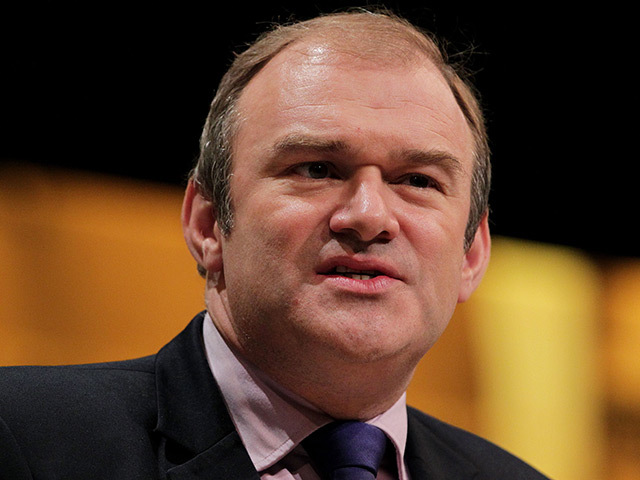
The remainder of the UK could buy power from abroad if an independent Scotland cannot sell its energy at a competitive price, Westminster’s energy secretary has warned.
Ed Davey rejected the SNP’s claim that Westminster would continue to pay for Scotland’s energy if the country left the UK.
Scotland would become just one of many countries rUK could turn to for the cheapest and most reliable deal, he told a renewable-energy industry gathering in Edinburgh yesterday.
It could buy wind from Ireland, geo-thermal from Iceland, hydro from Norway and develop the untapped potential in England and Wales, he said.
Mr Davey’s comments came after Energy Minister Michael Fallon told The Press and Journal that the rUK would also look to use “cheaper” nuclear energy from France.
Mr Davey said: “I have no doubt that we would continue to trade energy with an independent Scotland but net electricity imports from Scotland make up only about one 20th of demand in England and Wales. With a border in place the integrated market will not be sustained in the same form.
“We would have to strike a new deal.”
Scotland, he added, would need to invest £6billion to upgrade the electricity transmission grid to meet its own target of meeting 100% of its domestic electricity consumption from renewable sources by 2020.
“The Scottish Government can assert that UK consumers would continue to subsidise the costs of Scottish renewables and buy Scottish electricity to meet renewables targets no matter what the cost, but this goes against all commercial logic.”
A Scottish Government spokeswoman said: “The whole of the UK needs to produce and supply greater amounts of renewable energy to meet legally binding targets and help keep the lights on, and the costs of paying for this energy are spread across all electricity consumers – there are no taxation issues involved whatsoever.
“The current breakdown of payments from suppliers to generators is related to the huge amount of renewable power which Scotland produces – not to our population size.
“Suppliers in England and Wales will continue to need and to pay for that power for their customers regardless of the outcome of the independence referendum, and that is why the current single market arrangement remains in our shared interest.”
Recommended for you
